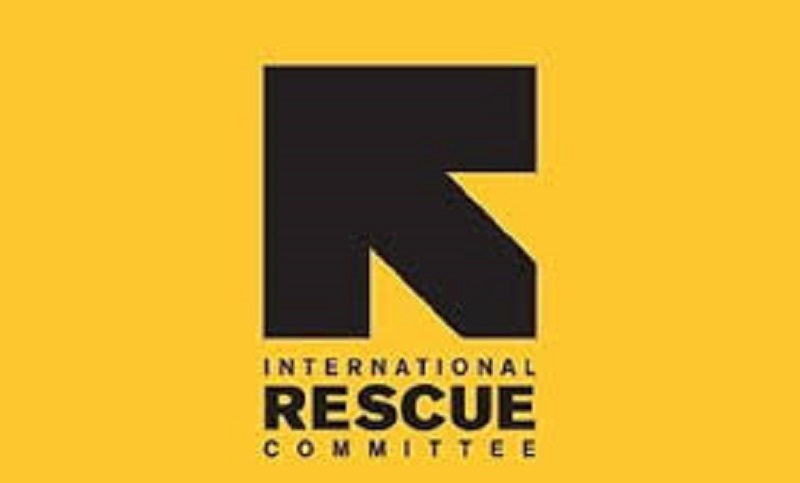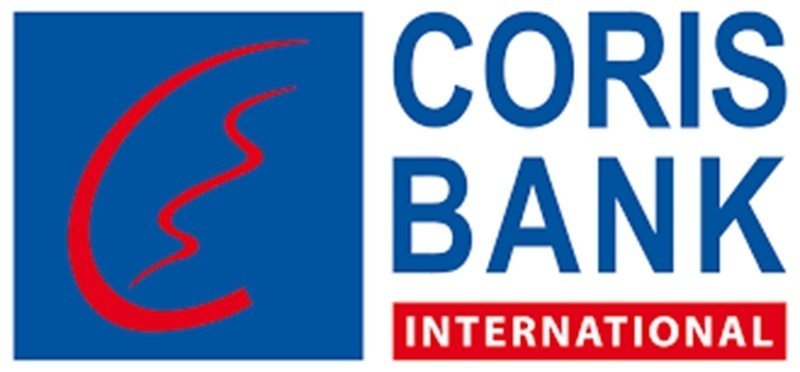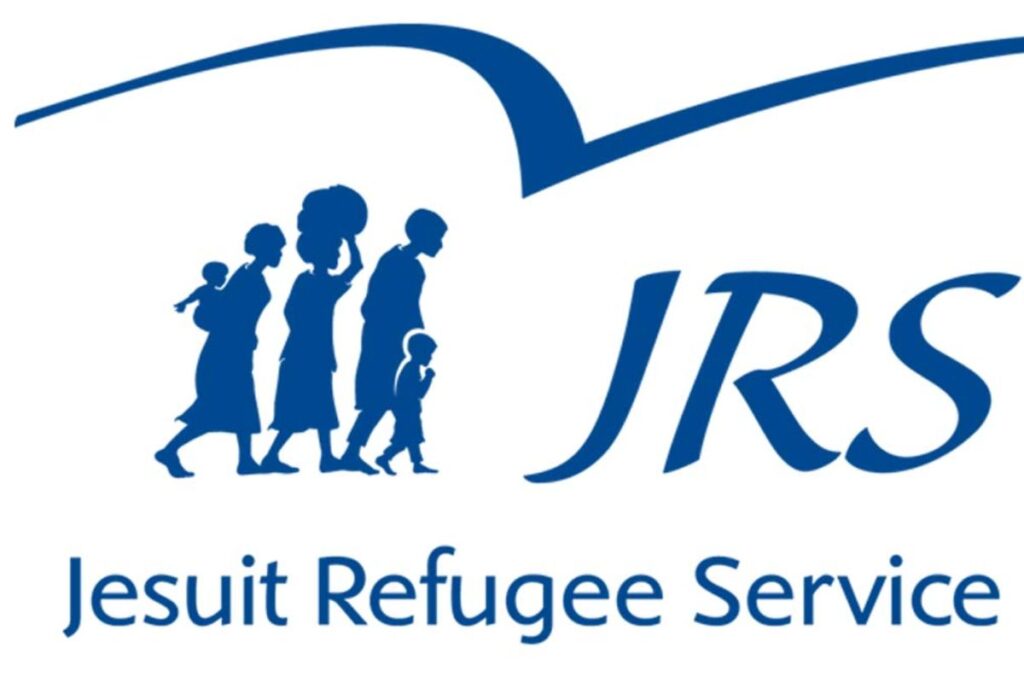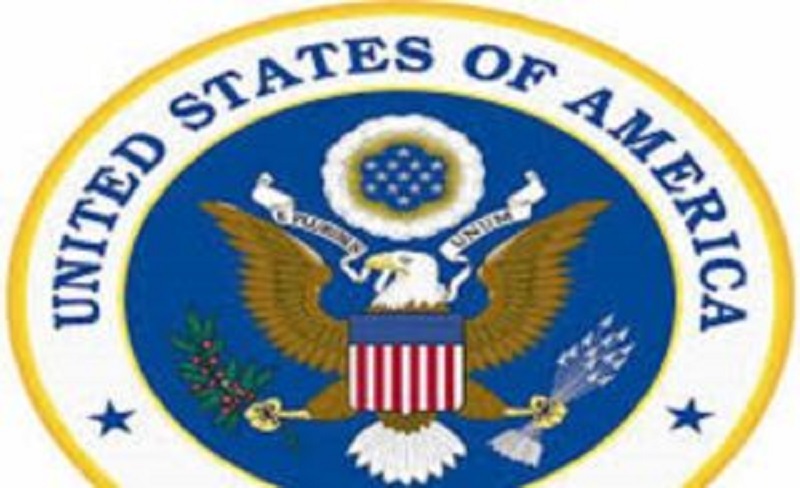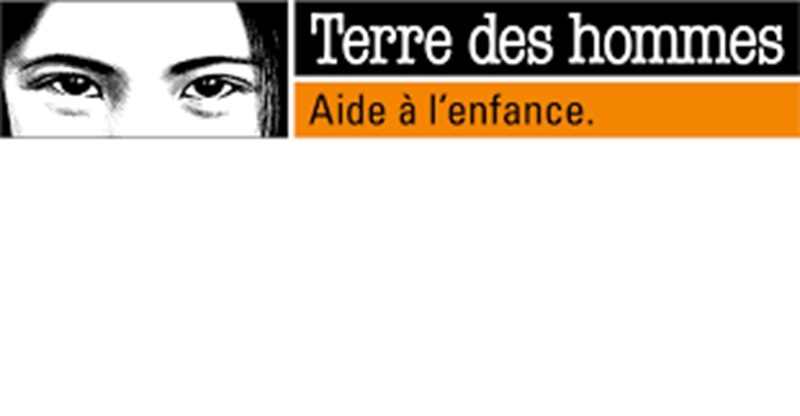Au cours des 80 dernières années, l’International Rescue Committee (IRC) a développé une expertise inégalée pour répondre aux urgences et aider les communautés déracinées à se reconstruire. Fondé en 1933 à la demande d’Albert Einstein, l’IRC a pour mission d’aider les personnes dont la vie et les moyens de subsistance sont bouleversés par un conflit ou une catastrophe à survivre, à se rétablir et à prendre en main leur avenir. L’IRC a des bureaux à Washington DC, New York, Berlin/Bonn et Londres, et est présent sur le terrain dans plus de 40 pays, fournissant une aide d’urgence et reconstruisant des vies après une catastrophe. Par le biais de 28 bureaux régionaux situés dans des villes des États-Unis, l’IRC aide également les réfugiés à se réinstaller aux États-Unis et à devenir autonomes. L’IRC est attaché à une culture de leadership audacieux, d’innovation dans tous les aspects de son travail, de partenariats créatifs et, surtout, de responsabilité envers ceux qu’il sert. L’IRC est un défenseur infatigable des personnes les plus vulnérables.
Requête nº: req23059
Secteur d’activité: Administration du programme
Type de contrat: Régulier
Taux d’occupation: Plein temps
Ouvert aux expatriés: Non
Descriptif du poste
IRC is seeking a Public Engagement and Advocacy Coordinator”, based in Nairobi for a Euro 30 Million five year, urban livelihoods program: Refugees in East Africa: Boosting Urban Innovations for Livelihoods Development (Re:Build ). The Re:Build program is funded by the IKEA Foundation and will be implemented in Kampala and Nairobi. The IRC is the Lead Partner and will coordinate a consortium of local and international partners to deliver the program. Re:Build seeks for urban refugees and vulnerable host residents to achieve economic self-reliance and benefit from strengthened urban economic, regulatory and social environments. Re:Build will aim to enable change at varying levels, from better access to livelihoods opportunities and inclusive services within communities, to improved refugee-related policies and more targeted and effective service delivery from national, regional and global actors. Key features of Re:Build ’s approach include flexible funding, adaptive design and knowledge and evidence generation
Position summary
The IRC seeks a a Public Engagement and Advocacy Coordinator who will support country project teams in Nairobi, Kenya and Kampala, Uganda in the implementation of the IKEA funded Re:Build project. Re:Build aims to support refugee and host communities to achieve economic self-reliance through supporting 1) Access to sustainable livelihoods and 2) Ensuring that strong markets and effective and responsive city services are accessible to all. a Public Engagement and Advocacy Coordinator will report directly to the Project Director and support service delivery and systems strengthening approaches; monitoring, advising, and maintaining stakeholder relationships; addressing fragmentation and supporting coordination and collaboration with City Governments ; and ensuring that the Community and Client Ownership Strategy is maintained. The a Public Engagement and Advocacy Coordinator will also support project teams to ensure that Re:Build approaches and activities are grounded in the local context, builds upon city development plans, and supports existing local processes, are shaped and trusted by communities and clients, and contribute to sustained ownership and local delivery of services.
Job Responsibilities
1. Technical Support and Coordination
• Support the development of community engagement strategies and strong stakeholder and client relations, ensuring the sustainability of the Community and Client Ownership Strategy.
• Support the development of strategies to promote synergies in alignment with city government authorities Development Plans, and , strengthen relationships, and leverage coordination among city government authorities, civil society, local neighborhood, private sector, and development and humanitarian actors at city, country and international levels.
• Identify and support capacity sharing interventions that strengthen the delivery and scaling of city services, plans, and policies that serve refugees and host communities in Nairobi and Kampala.
• Develop a strategy for mainstreaming systems strengthening, good governance principles, and processes aimed at increasing community participation, responsiveness, and accountability.
• Support public engagement, citizen involvement, and public consultation strategies for city governments in Kampala and Nairobi
• Support city governments with robust public engagement including refugees in decisions that affect them, including policies, plans, strategies, programs and services, for the purpose of making decisions that are more informed and reflective of public concerns and values .Provide leadership in the analysis, development of strategies or adaptation of service delivery models, tools, and systems to motivate city systems change.
• Provide analysis, capacity-building, monitoring and implementation support to both Uganda and Kenya teams.
• Identify opportunities for cross-country learning and coordination, document and disseminate best practices.
• Contribute to the development of annual work plans for RE;BUILD.
• Work in close collaboration with team members to ensure integrated programming.
2. Management
• Contribute to the development of project staff in Uganda and Kenya through training and mentoring on community engagement, urban resilience, systems strengthening, and community led development approaches.
• Ensure that the community engagement and city systems strengthening aspects of the program are implemented according to defined work plans to achieve program deliverables.
• Through strong planning and monitoring, identify potential obstacles to programmatic success in a timely manner, and implement corrective actions as needed.
• Introduce quality assurance initiatives to address efficiency, effectiveness, or compliance concerns.
Job Requirements
• Master’s degree in urban planning and development, public administration, economics, international development, law or social science.
• A minimum of 5 years working with city governments, implementing and/or managing urban, decentralization or governance related programs is required, preferably also within a humanitarian, international development setting.
• Demonstrable technical expertise and working knowledge of participatory processes and methodologies.
• Demonstrable technical expertise in urban management, city planning, community engagement, and public sector management.
• Technical expertise in curriculum development, training needs assessment and training facilitation, as well as monitoring and evaluation of trainees.
• Strong writing, communication and organizational skills.
• Knowledge of common software (MS Office). Previous work experience in Uganda or Kenya preferred
Working environment
Security level: Green. The security situation in Nairobi is generally calm.
Standards of Professional Conduct: The IRC and IRC workers must adhere to the values and principles outlined in the IRC Way – Code of Conduct. These are Integrity, Service, Equality and Accountability. In accordance with these values, the IRC operates and enforces policies on Beneficiary Protection from Exploitation and Abuse, Child Safeguarding, Harassment-Free Workplace, Diversity Equality, and Inclusion (DEI), Fiscal Integrity, Anti-Retaliation, Combating Trafficking in Persons and several others.
Narrowing the Gender Gap: The International Rescue Committee is committed to narrowing the gender gap in leadership positions. We offer benefits that provide an enabling environment for women to participate in our workforce including a flexible hour (when possible), maternity leave, transportation support, and gender-sensitive security protocols.
Equal Opportunity Employer: IRC is an Equal Opportunity Employer. IRC considers all applicants based on merit without regard to race, sex, color, national origin, religion, sexual orientation, age, marital status, veteran status, disability, or any other characteristic protected by applicable laws
WOMEN, MINORITIES AND PEOPLE LIVING WITH DISABILITIES ARE ENCOURAGED TO APPLY.

